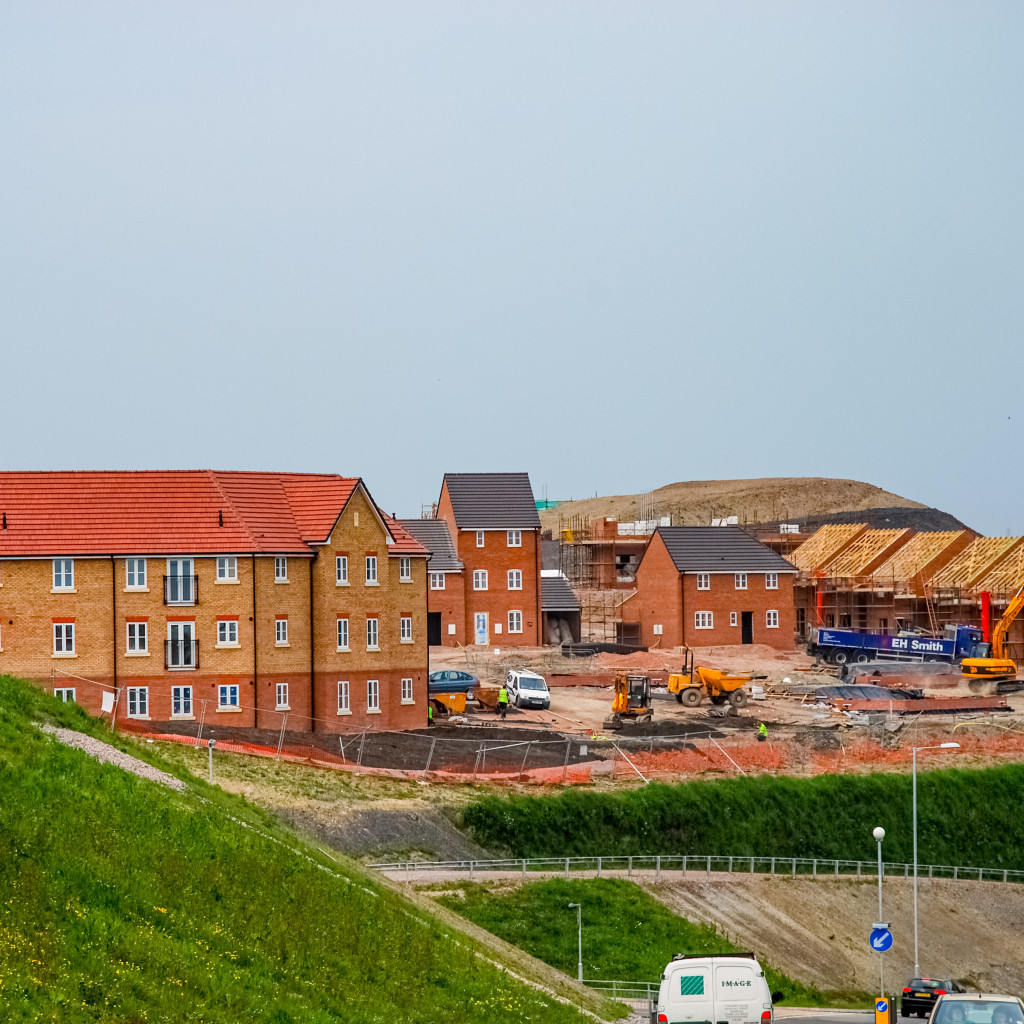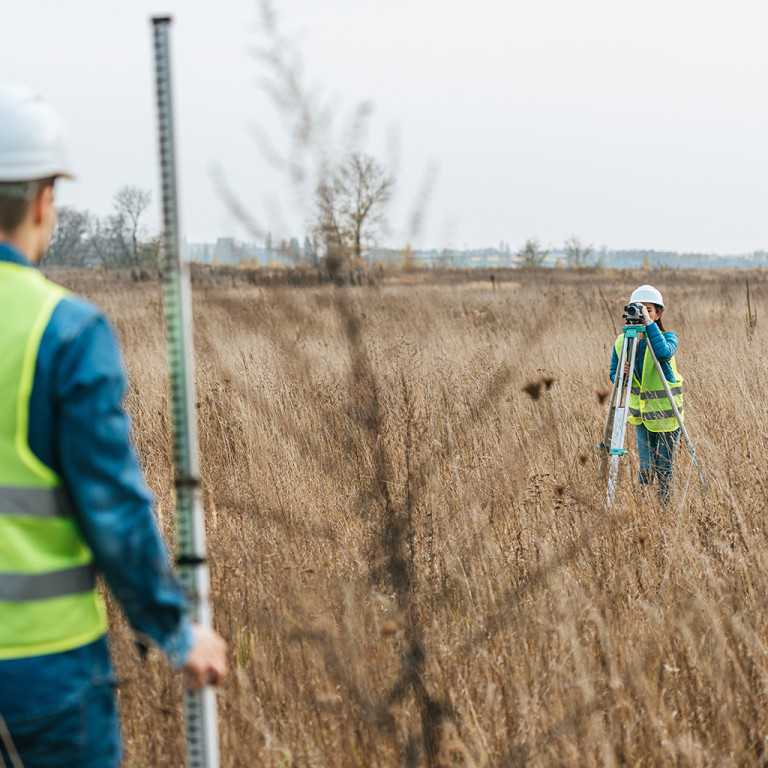There is a strict process that must be followed to comply with the Community Infrastructure Levy (“CIL”) regime and if this process is not followed to the letter, then you could end up paying the price in surcharges and/or the loss of a previously applicable exemption or relief.
The Planning Inspectorate (“PINS”) has recently published three CIL appeal decisions which serve as useful reminders to ensure that the CIL regime is correctly followed before development is commenced.
The new owner of a property will be bound by a liability notice where it has been registered as a local land charge
In the first appeal decision, CIL liable development was commenced without submitting a commencement notice to the collecting authority.
The Community Infrastructure Regulations 2010 (the “Regulations”) require a commencement notice to be submitted to the collecting authority prior to the commencement of CIL liable development and give the collecting authority the power to impose a surcharge equal to 20% of the CIL payable or £2,500 (whichever is lower) where this requirement is not complied with.
The collecting authority therefore imposed a surcharge for this failure and the appellant appealed it to PINS. In appealing the surcharge, the appellant argued that the collecting authority did not serve them with a liability notice and that they were not made aware of the CIL liability when they purchased the property.
In dismissing the appeal, PINS found that the collecting authority had served a liability notice on the applicants for the relevant planning permission and had registered the liability notice as a local land charge in accordance with the Regulations. PINS were of the view that the appellant would have been made aware of the CIL situation through the usual formal searches performed during the purchase of a property and as such was bound by the liability notice, and liable to pay both the CIL and surcharge.
A copy of the appeal decision can be found here.
Payment of CIL will be triggered by the commencement of CIL liable development regardless of whether it was intentional
In the second appeal decision, CIL liable development was commenced by the demolition of a conservatory. At the time the conservatory was demolished, neither an assumption of liability notice, nor a commencement notice were submitted to the collecting authority in accordance with the Regulations.
Where liability is not assumed before the commencement of a CIL liable development, a collecting authority have the power to impose a surcharge of £50 on each person liable to pay the CIL.
The collecting authority imposed a surcharge for the failure to assume liability and imposed a second surcharge for the failure to submit a commencement notice.
The appellant appealed the surcharges and argued that the conservatory was demolished by the new owners of the property without their knowledge and that the demolition was not carried out with the intention to commence the CIL liable development but instead for safety purposes because of damage caused to the conservatory by strong winds.
PINS dismissed the appeal and held that it did not matter whether the commencement of the CIL liable development was intentional or not. All that mattered was that a material operation had been carried out in the form of demolishing the conservatory, so that the CIL liable development had been commenced without the submission of an assumption of liability notice and commencement notice in breach of the Regulations.
A copy of the appeal decision can be found here.
Once a CIL liable development has commenced, CIL will be payable regardless of whether the CIL liable development is completed
In the third appeal decision, the appellant had commenced the CIL liable development without submitting a commencement notice and without paying the CIL on time in breach of the Regulations.
Where CIL is not paid on time, the Regulations give the collecting authority the power to impose a surcharge equal to 5% of the amount that was paid late or £200 (whichever is greater).
The collecting authority imposed two surcharges. The first for the failure to submit a commencement notice and the second for failing to pay the CIL on time.
The appellant did not dispute that they had failed to submit the commencement notice and failed to pay the CIL on time. They argued that whilst they had commenced the CIL liable development, they no longer had any intention of completing the CIL liable development.
PINS held that the Regulations are not concerned with whether the CIL liable development has been or will be completed but whether it has commenced. Once the CIL liable development has commenced, CIL will be payable regardless of whether the CIL liable development is completed. PINS therefore dismissed the appeal.
A copy of the appeal decision can be found here.
How we can help
Our experienced team of planning lawyers are on hand to advise you on Community Infrastructure Levy or assist with any Community Infrastructure Levy appeal and can be contacted by telephone on 01392 207020 or emailed at enquiries@tozers.co.uk






